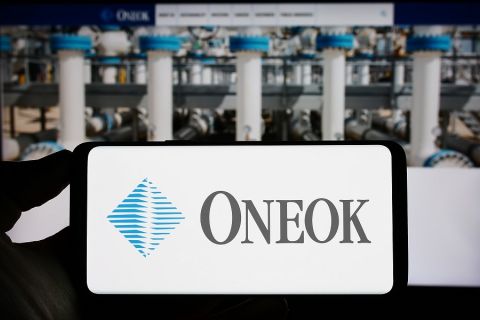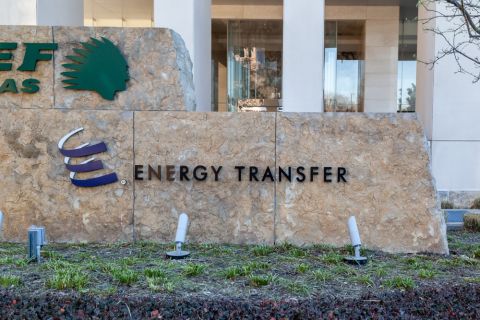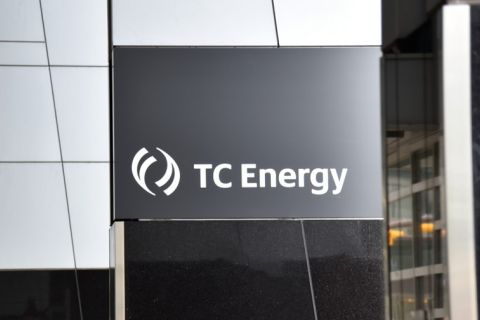
Pioneer Natural Resources Co., the energy explorer with more than 7,000 wells in the largest U.S. oil field, may draw buyers from Chevron Corp. to ConocoPhillips to one of the industry’s biggest takeover targets.
Pioneer’s market value more than doubled this year to $29 billion as investors wagered its acreage in the $5 trillion Permian Basin oil trove will boost profit and lure acquirers. Suitors would have to offer at least a 30% premium, or in the range of $275 a share, said Capital One Securities Inc. That would value that company at about $40 billion, approaching ExxonMobil Corp.’s record North American bid for XTO Energy Inc., according to data compiled by Bloomberg.
“They are the big kahuna in the most attractive oil play in the U.S.,” Fadel Gheit, an analyst with Oppenheimer Holdings Inc. in New York, said of Pioneer in a phone interview. “The onus is on the buyer to believe that, ‘You know what, I can double or triple what I am buying, so I am justified paying the premium and chasing the stock.’”
While fluctuating oil prices may make energy companies cautious about such a large deal, billionaire hedge-fund manager and Pioneer shareholder John Paulson said this month that the explorer’s proven reserves and production in low-risk, predictable areas make it a possible target. Pioneer also could give potential acquirers such as Chevron or Royal Dutch Shell Plc more expertise in the techniques required to extract oil from the Permian’s shale bands, and the larger companies could spend to ramp up production, said Iberia Capital Partners LLC.
Permian Presence
Susan Spratlen, a spokeswoman for Irving, Texas-based Pioneer, declined to comment on whether the company would be interested in selling itself.
Pioneer was among the 10 largest holders of Permian net acreage at the end of the third quarter, according to data compiled by Bloomberg. In 2012, the company said it drilled 691 wells in the Permian’s Spraberry field.
The company estimates the Spraberry field in Texas contains more than the equivalent of 50 billion barrels of oil, more than any field except Saudi Arabia’s Ghawar, and said its own 640,000 net acres will yield at least 7 billion barrels.
Those oil resources could lure acquirers, Paulson & Co. said this month in a third-quarter report to investors, a copy of which was obtained by Bloomberg News. The firm, run by Paulson, owned more than 2.4 million shares of Pioneer as of June 30, data compiled by Bloomberg show.
Shale Focus
“There aren’t too many other asset bases out there in the country with that sized position with contiguous land,” Cameron Horwitz, director of exploration and production research in Houston at U.S. Capital Advisors LLC, said in a phone interview. For larger energy companies willing to pay up for reserves, “Pioneer is certainly at the forefront of the opportunities.”
The company said last week it agreed to sell its Alaskan oil assets for about $550 million, after divesting Tunisia and South African properties in 2011 and 2012. By focusing on the oil-rich Permian, Pioneer has made itself more appealing for potential buyers, according to Phillips Johnston, a New Orleans- based analyst at Capital One.
While a takeover would be expensive, “from an asset perspective, Pioneer would certainly be an attractive takeout,” Johnston said in a phone interview. “It’s all very high-return projects and drilling locations.”
ConocoPhillips, Chevron and Shell are probably looking to expand their Permian acreage and buying Pioneer would accomplish that, while giving them more expertise in unconventional drilling techniques, according to Eli Kantor, a New Orleans- based analyst at Iberia Capital.
Deep Pockets
“It’s going to take an incredible amount of capital to fully develop the resource,” Kantor said in a phone interview. “A larger, integrated company like a Conoco or a Chevron or a Royal Dutch Shell could buy and meaningfully increase the value by accelerating drilling activity.”
Chevron had a market capitalization yesterday of $234 billion, while The Hague-based Shell was valued at $223 billion and Houston-based ConocoPhillips at about $90 billion.
Representatives for San Ramon, California-based Chevron, ConocoPhillips and Shell said their companies don’t comment on deal activity or speculation when asked whether they would be interested in buying Pioneer.
A deal may be too large and expensive for buyers to stomach, Gabriele Sorbara, a New York-based analyst at Topeka Capital Markets Inc., said in a phone interview.
Stock Rally
Pioneer shares surged 94% this year and closed yesterday at $206.87. The company’s enterprise value is 18 times its earnings before interest, taxes, depreciation and amortization, a higher multiple than all but two North American exploration and production companies valued at more than $5 billion, according to data compiled by Bloomberg.
Both Sorbara and Capital One’s Johnston said suitors would need to offer at least a 30% premium, while Gheit of Oppenheimer said Pioneer may demand at least 50%.
A bid at the lower end of the estimates would value the company at about $40 billion, including net debt, which would make it the largest announced deal for a North American oil or gas explorer since Exxon offered $41 billion for XTO Energy in 2009, according to data compiled by Bloomberg. The final value of Exxon’s stock deal was about $35 billion, the data show.
Buyers would need to be comfortable with the future direction of oil prices, which could decline as supply from U.S. shale formations such as the Permian floods the market, Horwitz at U.S. Capital said.
Bullish Bet
“You really have to be a bull on oil prices to think about doing an acquisition like that,” he said. “The last thing somebody wants to do is make some big headline-grabbing acquisition and then 12 months from now, we’re staring at a $65 oil price.”
U.S. benchmark crude touched $95.95 a barrel on Oct. 24, the lowest intraday price in about four months. Brent crude, the benchmark for much of the world’s oil, climbed yesterday to $109.61 a barrel. Brent probably will fall to the $70-to-$80 range, Oppenheimer’s Gheit said, without providing a timeline.
Pioneer’s management may not want to sell until it has developed more of its Permian assets, said Leo Mariani, an Austin, Texas-based analyst at Royal Bank of Canada.
Even so, Pioneer’s acreage may be lucrative enough to tempt buyers, said Rehan Rashid, an Arlington, Virginia-based analyst at FBR & Co.
“Any one of the larger kind of global integrated companies that are out there need assets like these,” Rashid said in a phone interview. “The question is, are they too big for somebody to pay up right upfront for what’s going to come down the pipe 20 to 30 years from now?”
Recommended Reading
Equitrans Delays WV-VA Mountain Valley Natgas Pipe Again, Boosts Cost
2024-02-20 - U.S. energy firm Equitrans Midstream delayed the estimated completion of its Mountain Valley natural gas pipeline from West Virginia to Virginia to the second quarter from the first quarter due in part to adverse weather in January.
FERC Approves ONEOK Pipeline Segment Connecting Permian to Mexico
2024-02-16 - ONEOK’s Saguaro Connector Pipeline will transport U.S. gas to Mexico Pacific’s Saguaro LNG project.
Energy Transfer Asks FERC to Weigh in on Williams Gas Project
2024-04-08 - Energy Transfer's filing continues the dispute over Williams’ development of the Louisiana Energy Gateway.
TC Energy’s Keystone Back Online After Temporary Service Halt
2024-03-10 - As Canada’s pipeline network runs full, producers are anxious for the Trans Mountain Expansion to come online.
TC Energy's Keystone Oil Pipeline Offline Due to Operational Issues, Sources Say
2024-03-07 - TC Energy's Keystone oil pipeline is offline due to operational issues, cutting off a major conduit of Canadian oil to the U.S.



